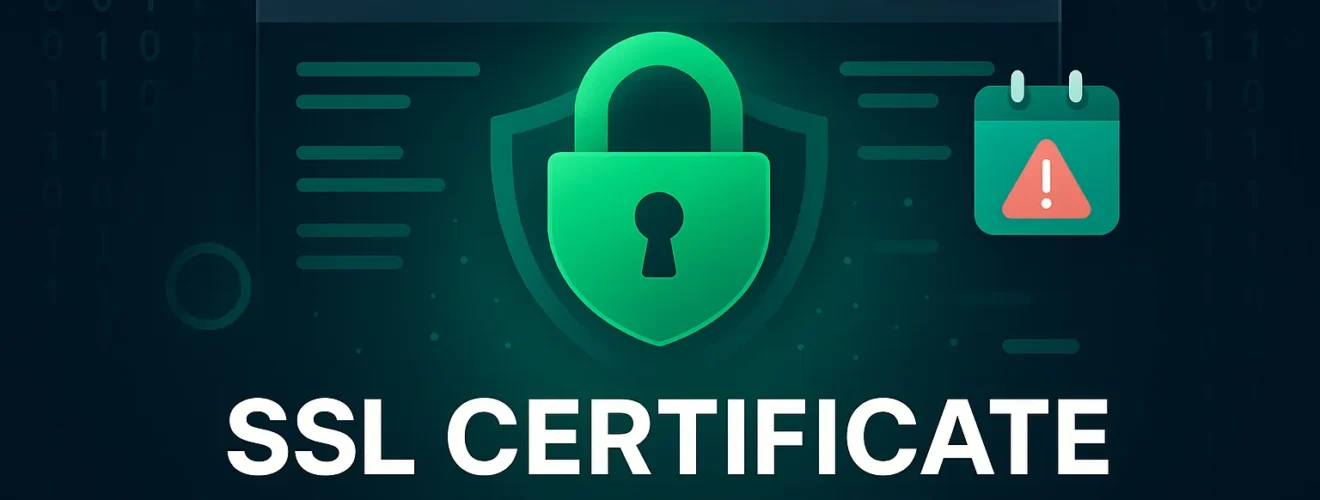SSL Certificate Checker: The Ultimate Guide to Website Security Verification

Introduction to SSL Certificate Checking
In today’s digital landscape, website security is paramount, and SSL certificates play a crucial role in establishing trust and protecting sensitive data. Our free SSL Certificate Checker tool provides instant verification of any website’s SSL certificate, helping you maintain optimal security for your online presence.
SSL (Secure Sockets Layer) certificates create an encrypted connection between a web server and browser, ensuring that all data transferred remains private and secure. With cyber threats on the rise, regularly checking your SSL certificate’s validity has become an essential practice for website owners, developers, and security professionals.
How Our SSL Certificate Checker Works
Our tool offers a simple yet powerful interface to examine SSL certificates in detail:
- Domain Input: Enter any domain name (with or without https://)
- Advanced Options: Customize port, timeout, and hostname verification
- Instant Results: Get comprehensive certificate details in seconds
Key Features of Our Checker
- Validity Verification: Confirm whether the certificate is currently valid
- Expiration Monitoring: Track exactly when the certificate expires
- Issuer Information: Identify which Certificate Authority issued the certificate
- Encryption Details: View the algorithm and key strength being used
- Certificate Chain: Examine the complete trust chain
- Export Options: Save results in PEM or JSON format for further analysis
Table of Contents
Understanding SSL Certificate Details
When you use our SSL Certificate Checker, you’ll receive a comprehensive report including:
Basic Certificate Information
- Common Name (CN): The primary domain the certificate is issued for
- Subject Alternative Names (SANs): Additional domains covered by the certificate
- Validity Period: The certificate’s active date range
- Days Until Expiry: How long before the certificate needs renewal
Technical Specifications
- Serial Number: The certificate’s unique identifier
- Signature Algorithm: The cryptographic method used (e.g., sha256WithRSAEncryption)
- Key Size: The bit strength of the encryption (2048-bit minimum recommended)
- OCSP Must Staple: Whether the certificate requires Online Certificate Status Protocol stapling
Why Regular SSL Checks Are Essential
- Prevent Security Warnings: Expired certificates trigger browser warnings that scare away visitors
- Maintain SEO Rankings: Google prioritizes sites with valid SSL certificates
- Protect User Data: Ensure encryption is always active for sensitive information
- Verify Third-Party Services: Check certificates for APIs and external resources you depend on
- Compliance Requirements: Meet industry standards for data protection
Advanced Usage Tips
Our SSL Certificate Checker offers several advanced features:
Custom Port Checking
- Test certificates on non-standard ports (not just 443)
- Verify certificates for internal services and development environments
Hostname Verification
- Confirm the certificate properly matches the domain
- Identify potential mismatches that could indicate security issues
Timeout Settings
- Adjust for slow-responding servers
- Optimize for bulk checking operations
Security Recommendations
Based on our analysis of thousands of certificates, we recommend:
- Choose Trusted CAs: Use reputable Certificate Authorities like Let’s Encrypt, DigiCert, or Sectigo
- Monitor Expiration: Set reminders to renew certificates at least 30 days before expiration
- Strong Encryption: Always use certificates with 2048-bit or stronger keys
- Implement OCSP Stapling: Improve performance while maintaining revocation checking
- Regular Audits: Schedule monthly checks of all certificates in your infrastructure
Common SSL Issues and Solutions
- Expired Certificates
- Solution: Set up automatic renewal or calendar reminders
- Name Mismatch Errors
- Solution: Ensure your certificate includes all necessary SANs
- Weak Encryption
- Solution: Upgrade to certificates with stronger algorithms
- Untrusted CA
- Solution: Reissue with a certificate from a trusted authority
- Revoked Certificates
- Solution: Immediately replace any revoked certificates
Enterprise Use Cases
Our SSL Certificate Checker is valuable for:
- IT Teams: Monitor all company certificates from one dashboard
- E-commerce Sites: Ensure uninterrupted secure checkout processes
- Banking/Finance: Maintain strict security compliance
- Healthcare Providers: Protect sensitive patient data
- Educational Institutions: Secure student information systems
Frequently Asked Questions
Q: How often should I check my SSL certificate?
A: We recommend checking at least monthly, with more frequent checks as expiration approaches.
Q: What’s the difference between SSL and TLS?
A: TLS is the newer, more secure protocol that replaced SSL, though the term “SSL” is still commonly used.
Q: Can I check certificates for internal/development servers?
A: Yes, if they’re accessible from the internet or you use our tool within your network.
Q: Why does my certificate show as invalid when it’s not expired?
A: This could indicate revocation, name mismatch, or trust chain issues that need investigation.
Q: How can I automate certificate monitoring?
A: Use our JSON API output to integrate with your monitoring systems.
Conclusion
Maintaining proper SSL certificate hygiene is a critical component of website security and user trust. Our free SSL Certificate Checker provides all the tools you need to verify, monitor, and troubleshoot your certificates with ease.
By regularly checking your certificates and following security best practices, you can prevent outages, protect sensitive data, and maintain your organization’s reputation. Bookmark our tool today and make SSL certificate verification a regular part of your security routine.



